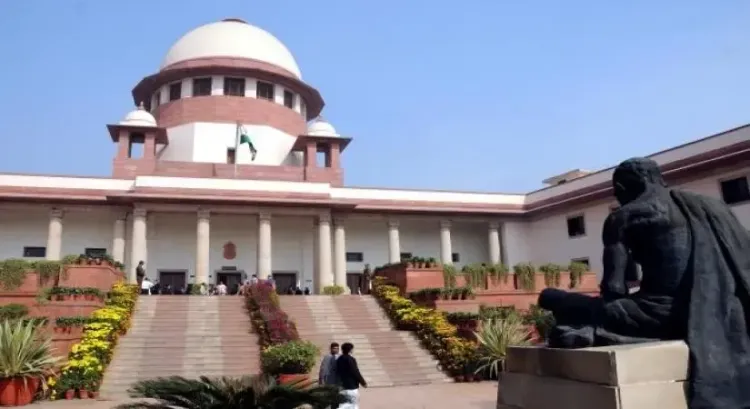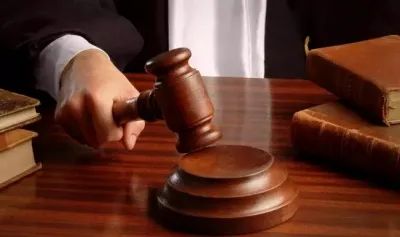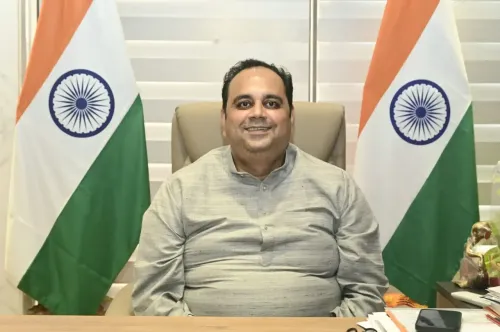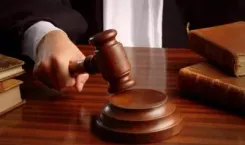Supreme Court: Disclosure Statements Insufficient for Guilt Beyond Reasonable Doubt

Synopsis
Key Takeaways
- Disclosure statements are not strong evidence on their own.
- Material omissions in witness testimonies can lead to contradictions.
- The Supreme Court quashed a life sentence due to insufficient evidence.
- Importance of credible eyewitness accounts in legal proceedings.
- Appellant acquitted after serving over twelve years in prison.
New Delhi, Jan 30 (NationPress) The Supreme Court has emphasized that disclosure statements are not strong enough evidence on their own to establish guilt beyond a reasonable doubt.
A bench comprising Justices Abhay S. Oka and Ujjal Bhuyan was reviewing a criminal appeal in which the trial court had found the appellant guilty under Section 302 of the Indian Penal Code, 1860, sentencing him to life imprisonment and a fine of Rs 1 lakh.
The prosecution's case claimed that the appellant had stabbed the victim with a knife, stemming from prior enmity as the deceased was allegedly implicated in the murder of the appellant’s elder brother.
The Kerala High Court upheld the conviction and sentence in its decision.
During the proceedings in the apex court, the appellant's counsel contended that the conviction was reliant on the accounts of two supposed eyewitnesses, who were seen as chance witnesses. Additionally, there were claims of other eyewitnesses not being examined by the prosecution, warranting an adverse inference.
Conversely, the state government’s counsel maintained that both eyewitnesses’ testimonies were accepted by the courts, arguing against any interference with the earlier judgments. He also highlighted that the recovery of the weapon and bloodstained clothing was conducted at the appellant's indication.
In its ruling, the top court observed: “There are material omissions which amount to contradiction. When paired with the significant omissions, the behavior of both witnesses fails to instill confidence. If the accounts of these two witnesses are dismissed, the only remaining evidence against the appellant is the recovery of the knife at his direction.
The court rejected the testimonies on various grounds, including the failure to report the incident to the authorities and not seeking medical assistance for the victim. By quashing the conviction and sentencing orders, the Supreme Court acquitted the appellant of all charges.
The judgment noted, “The appellant has already served over twelve years of imprisonment. Therefore, he should be released immediately unless he is required in connection with any other legal matter,” stated the Justice Oka-led Bench, granting the appellant’s appeal.









